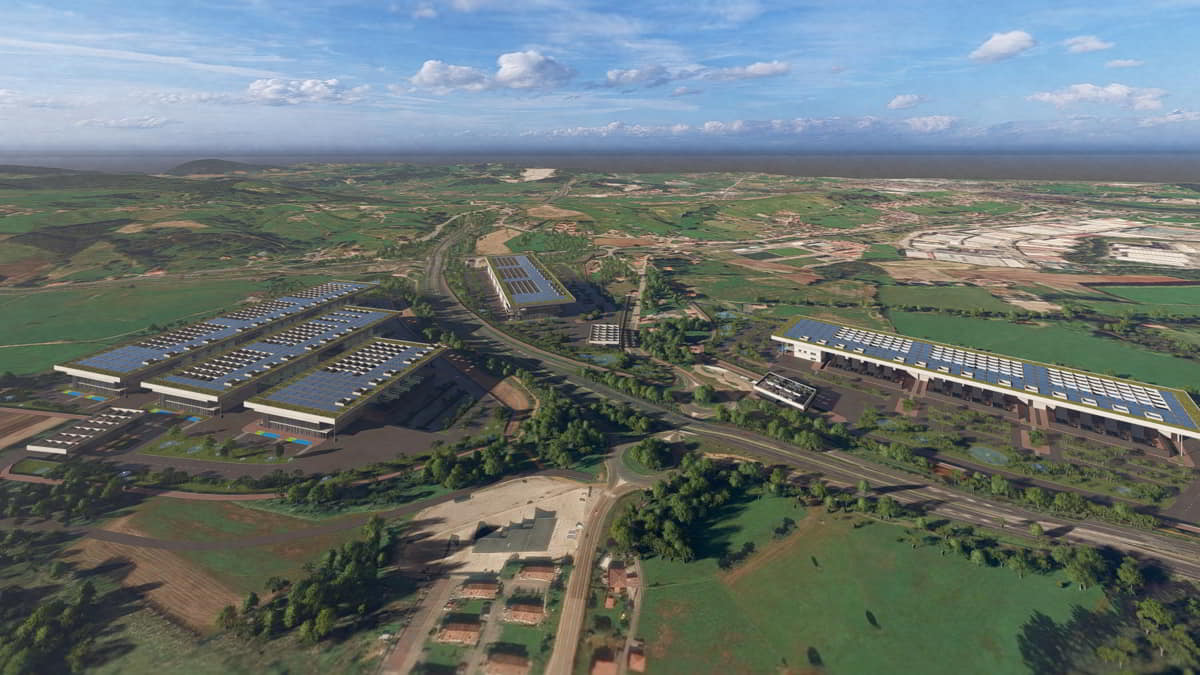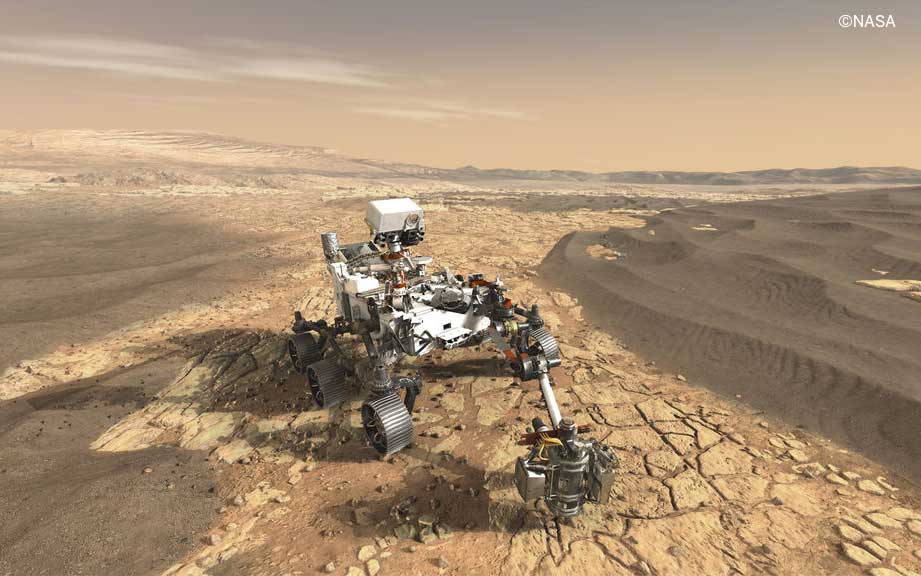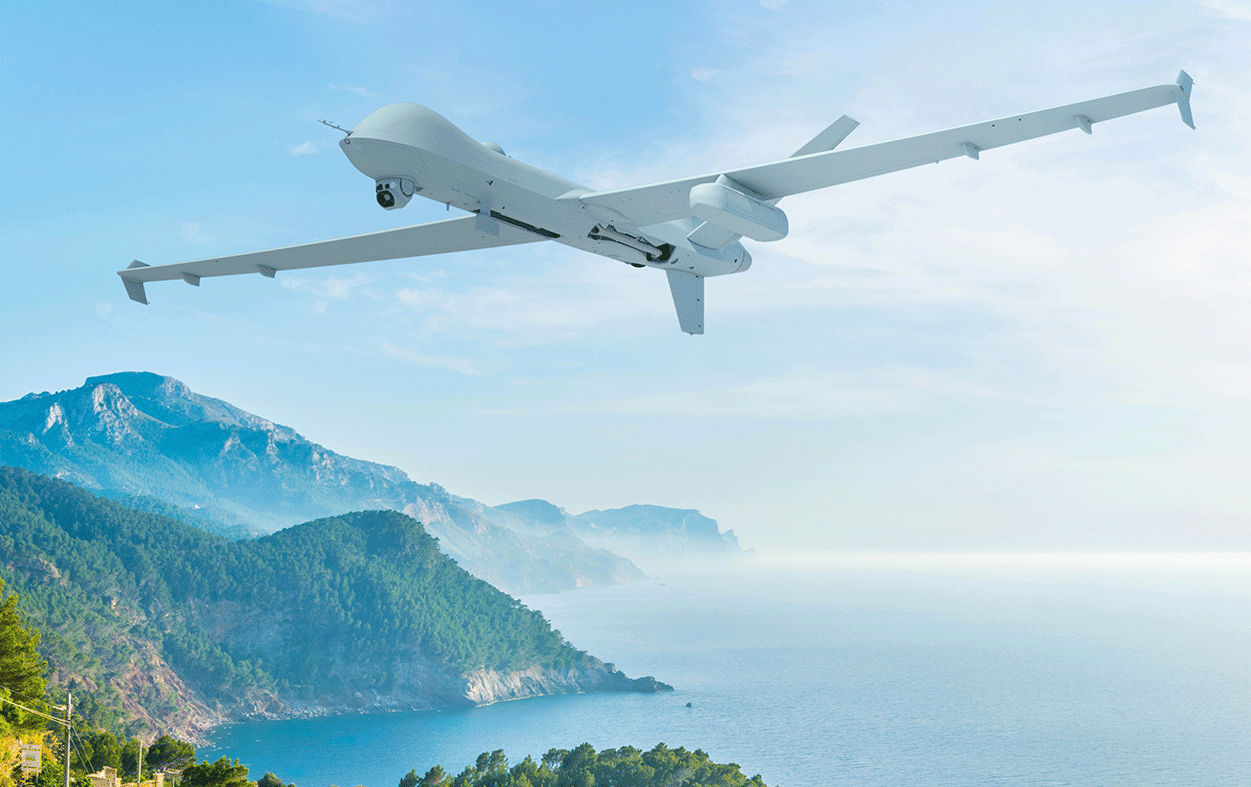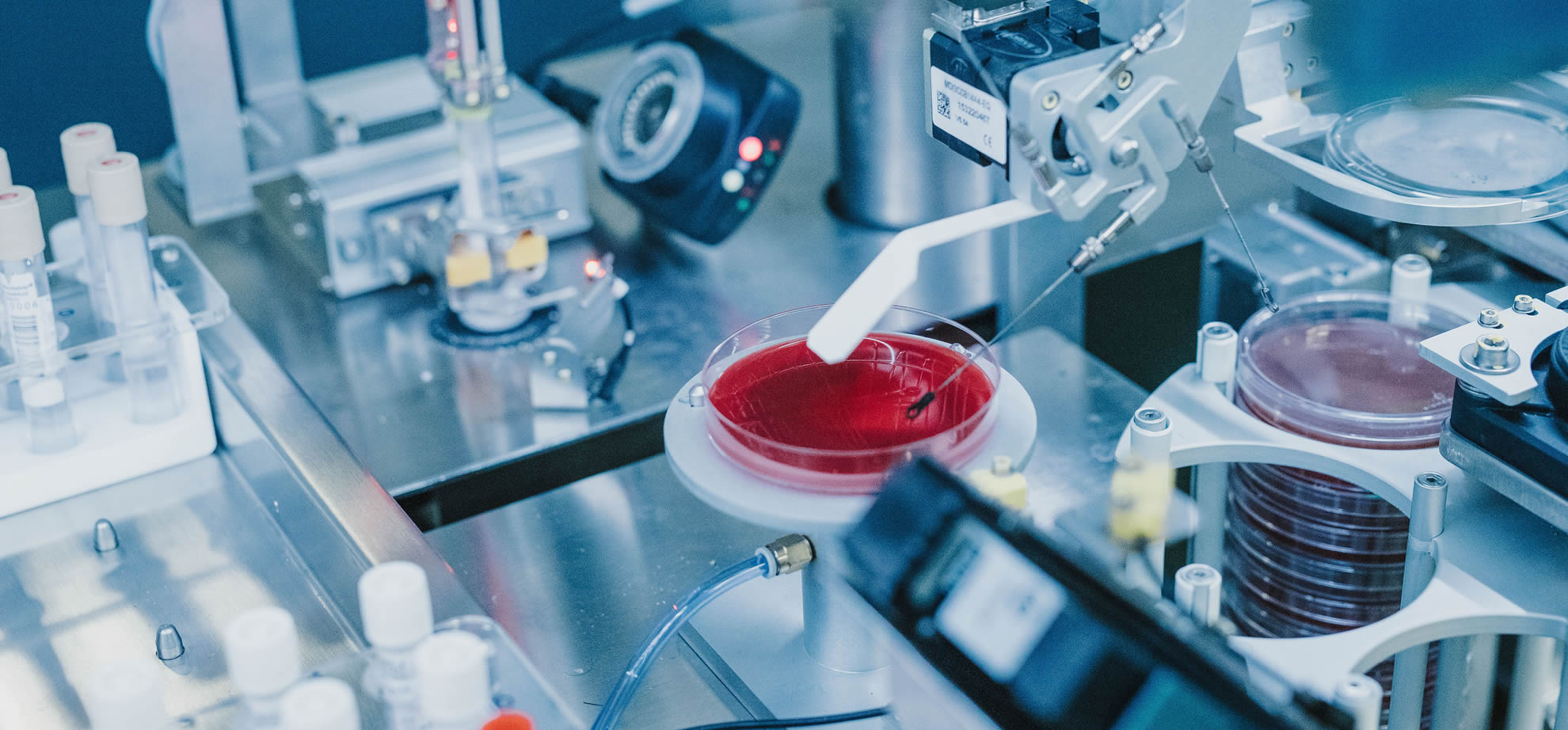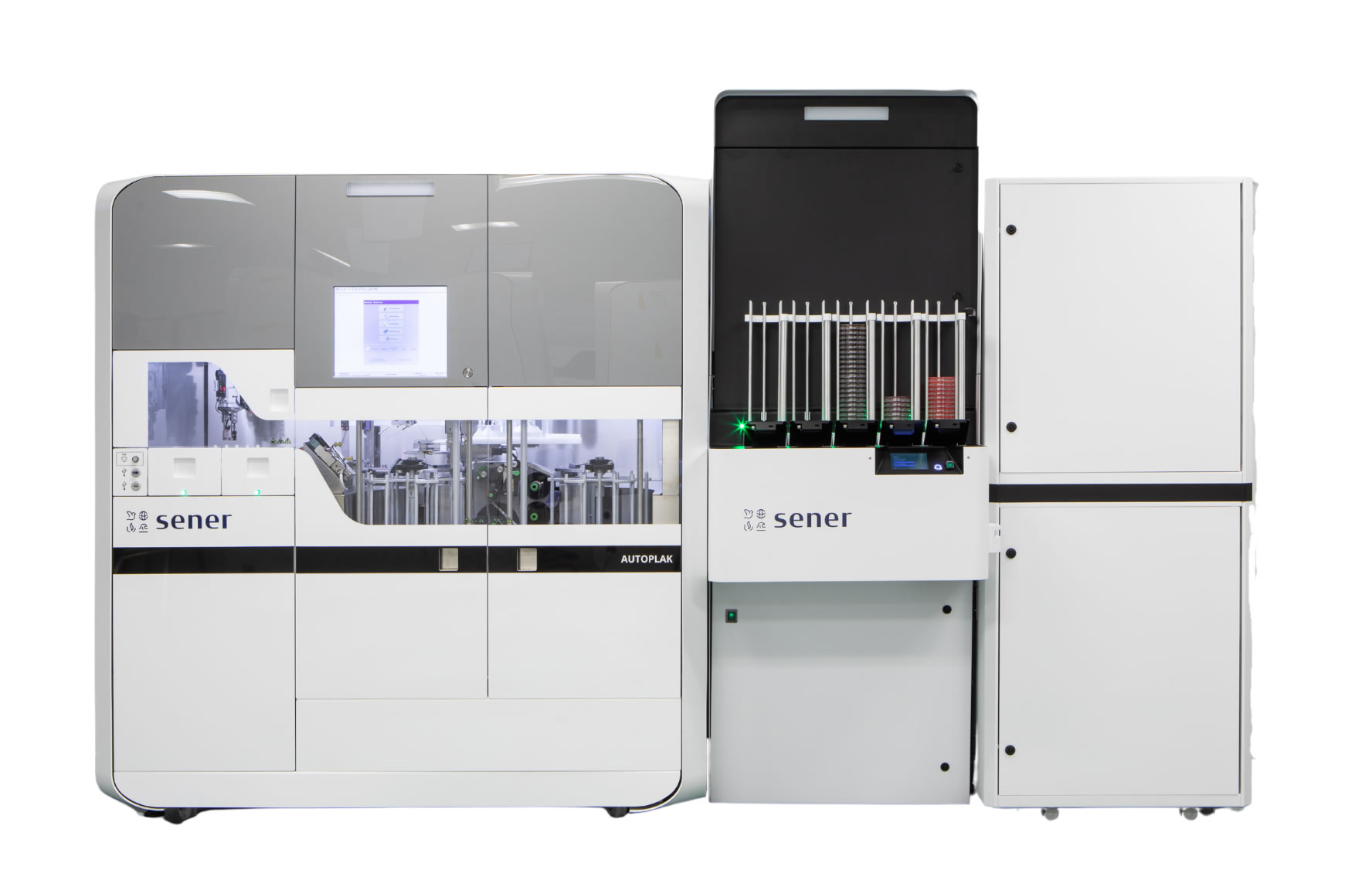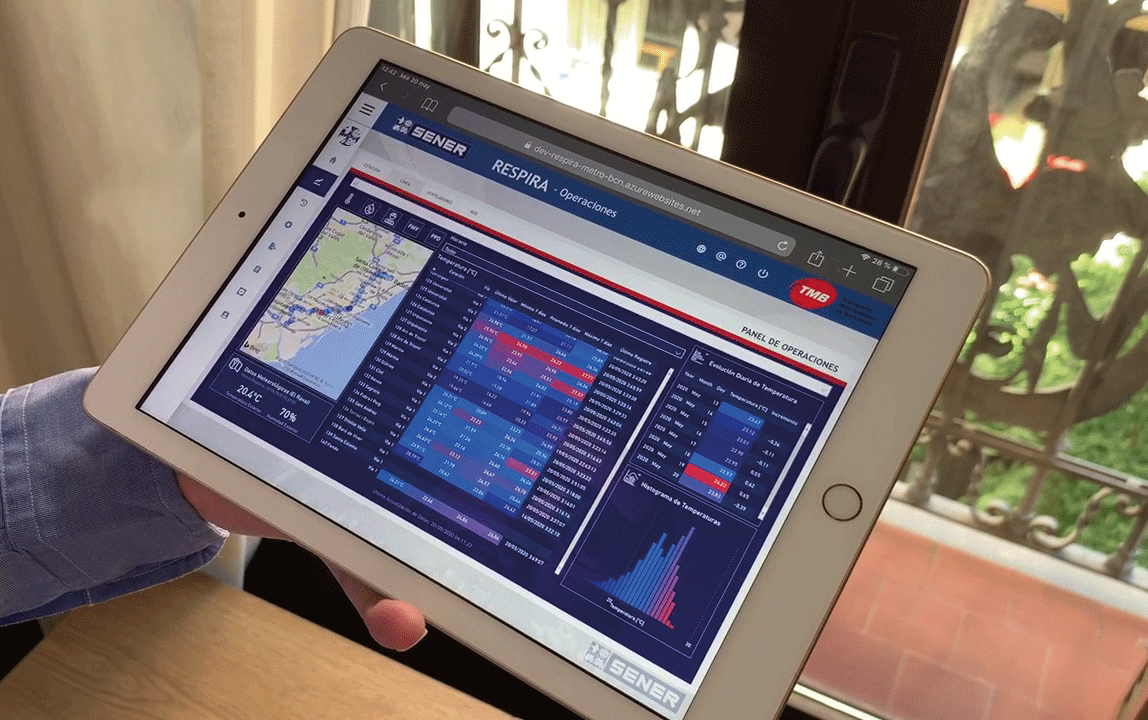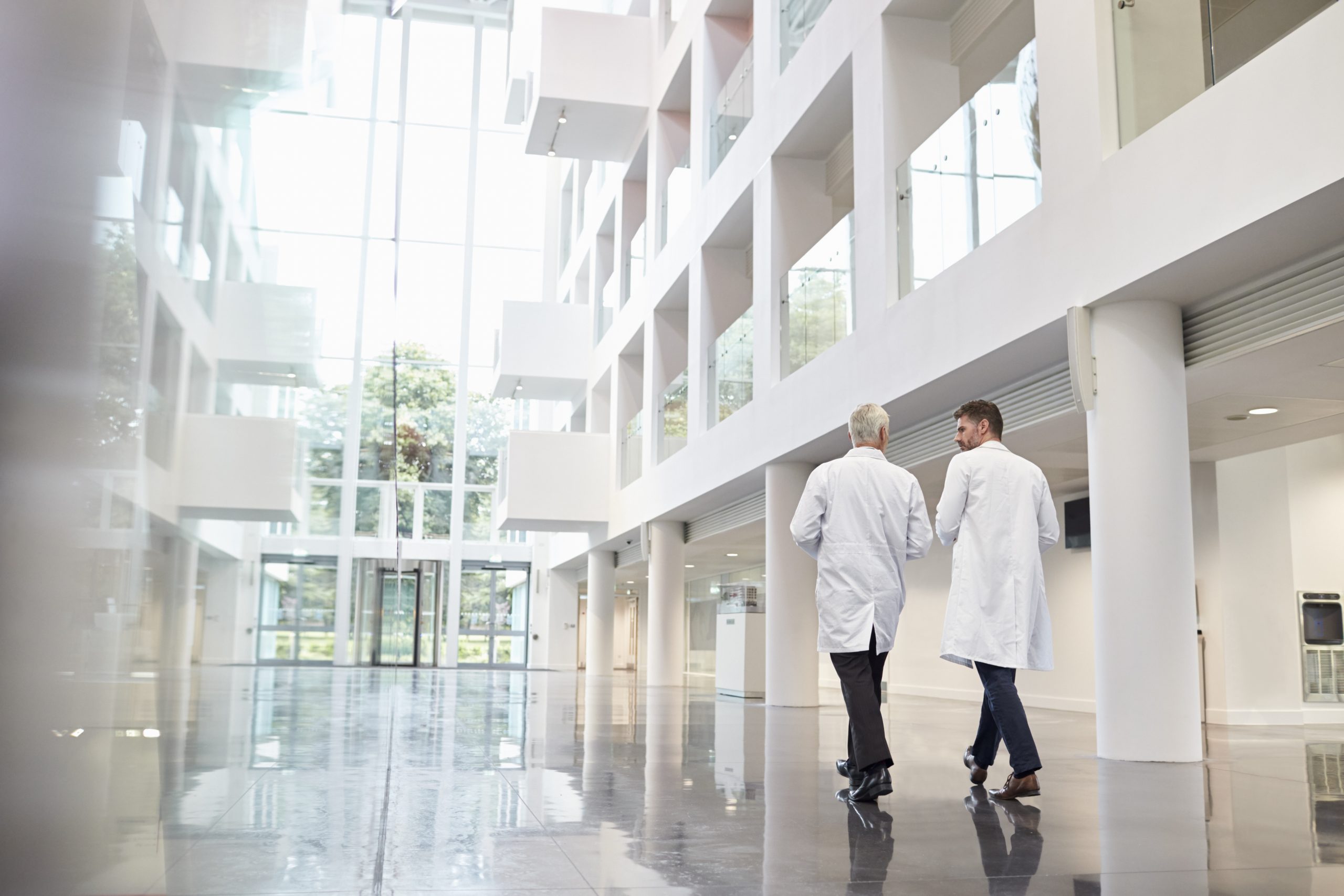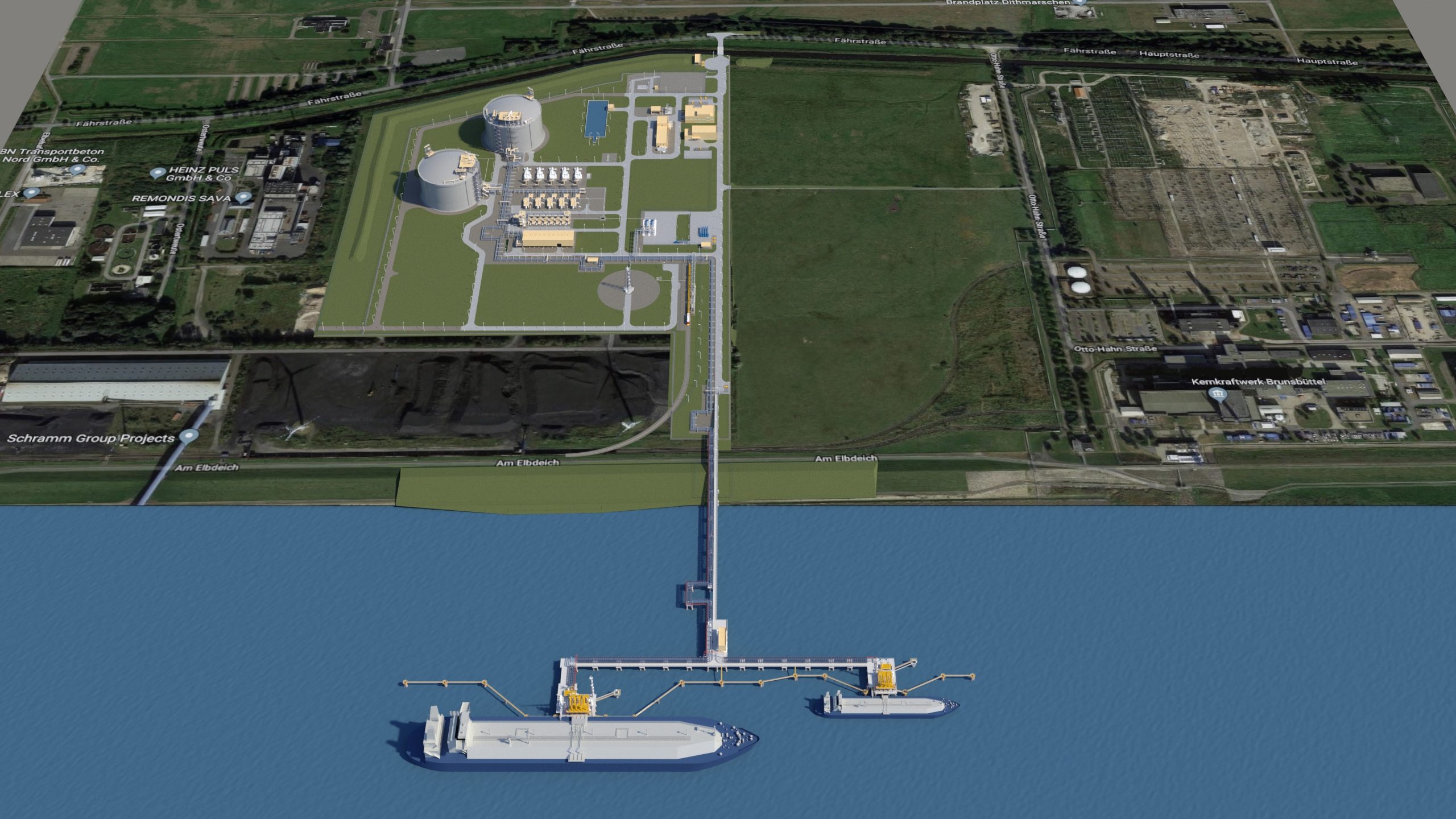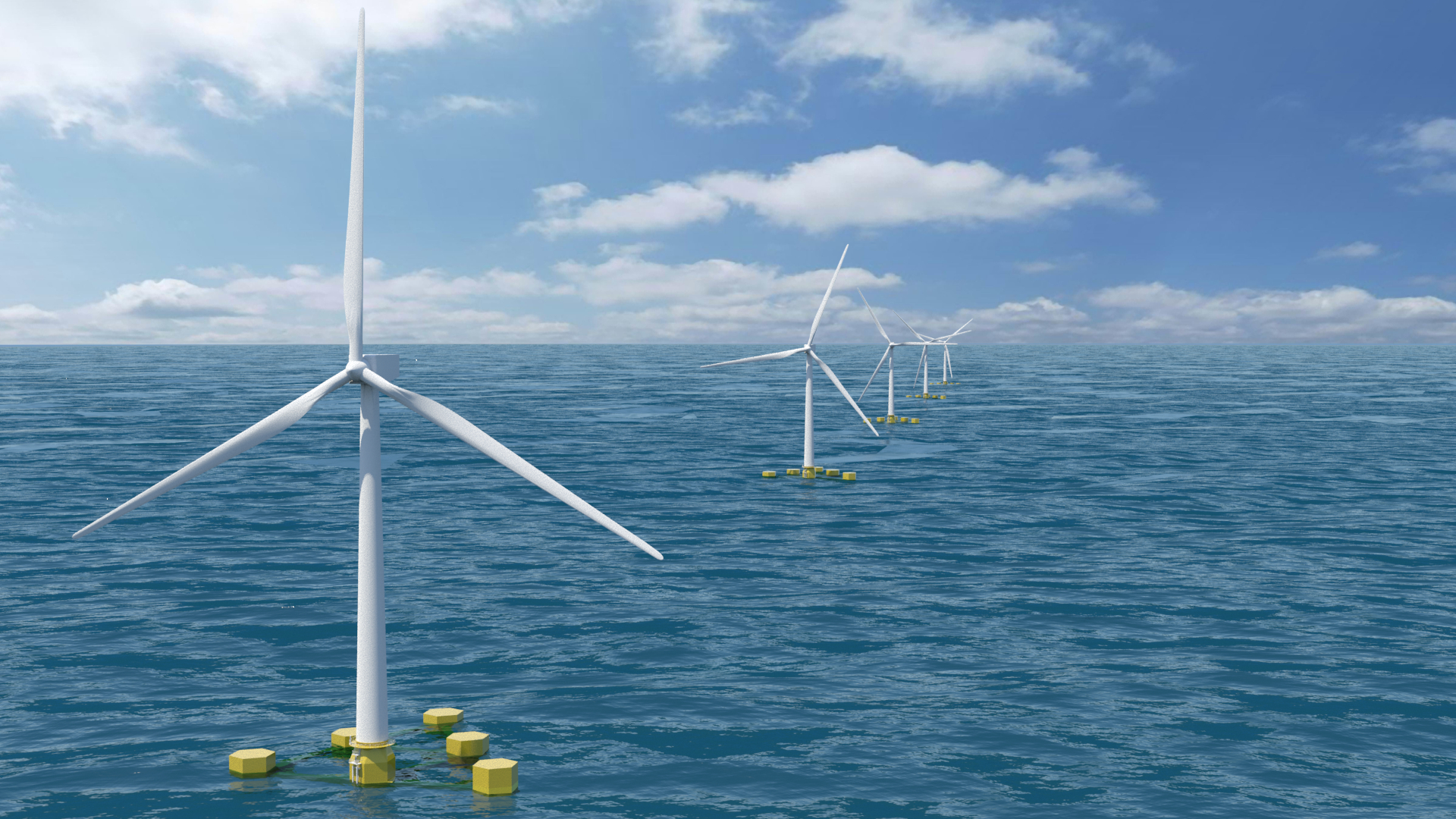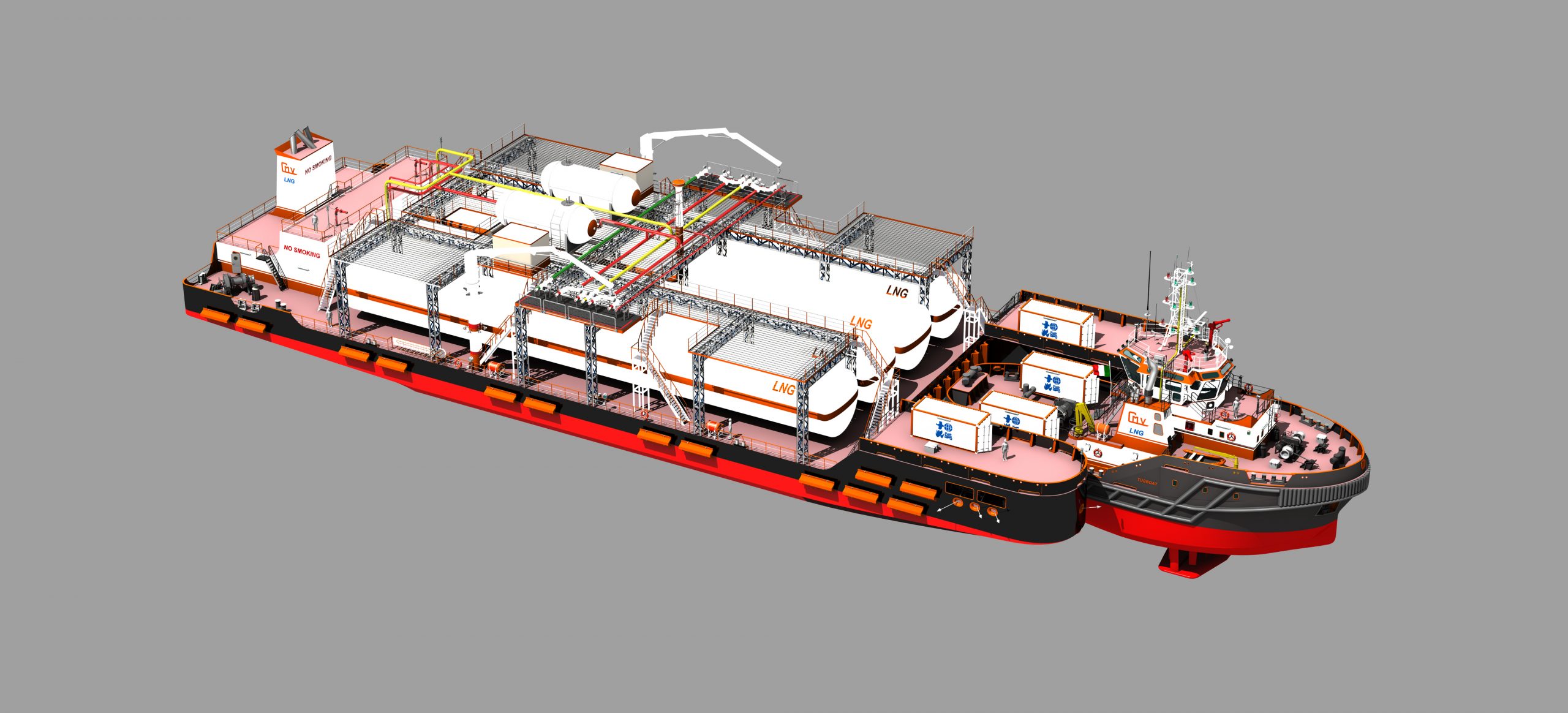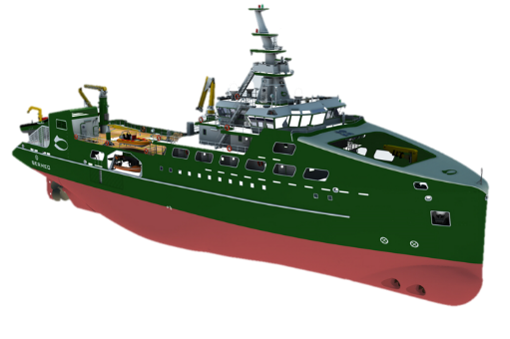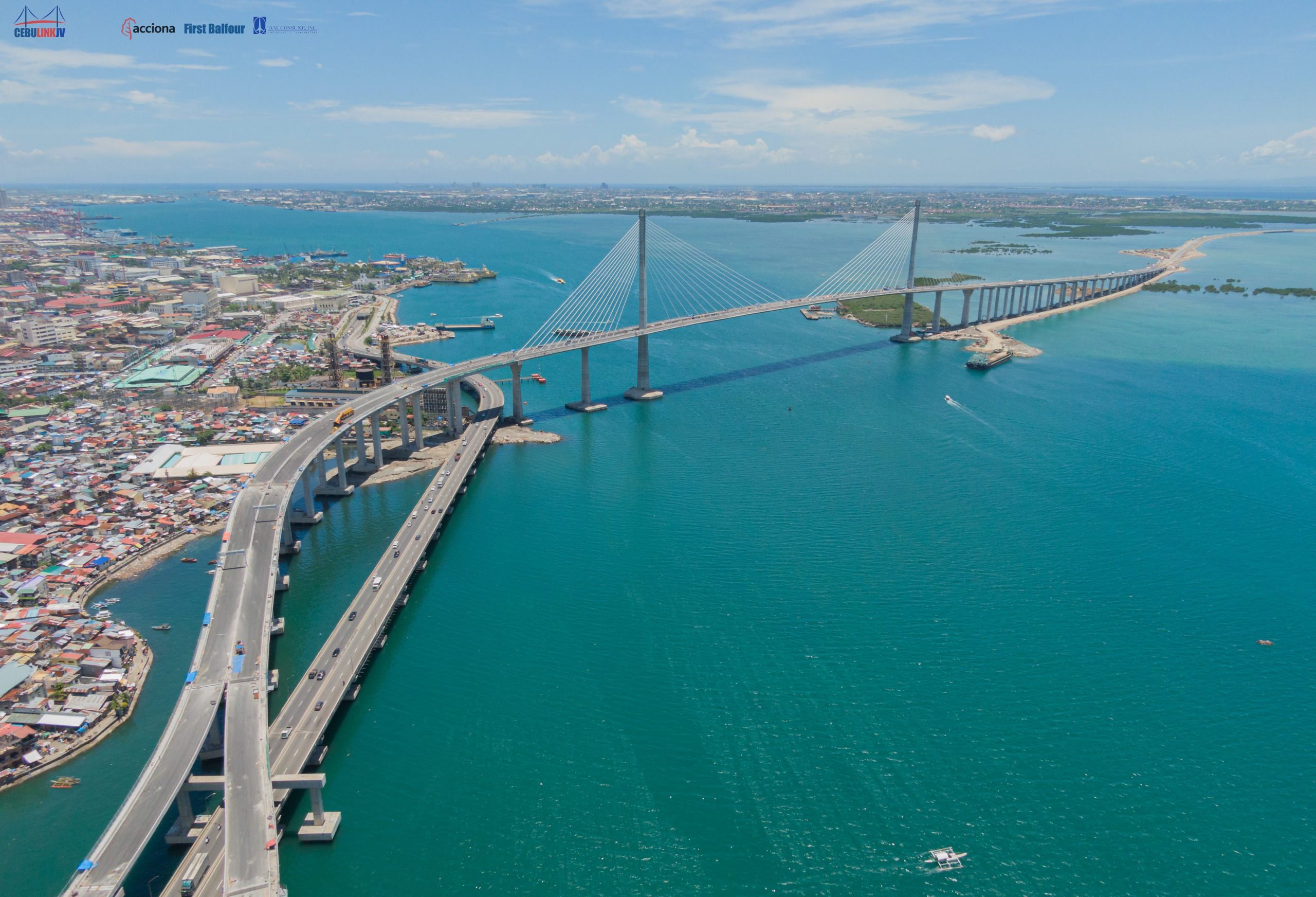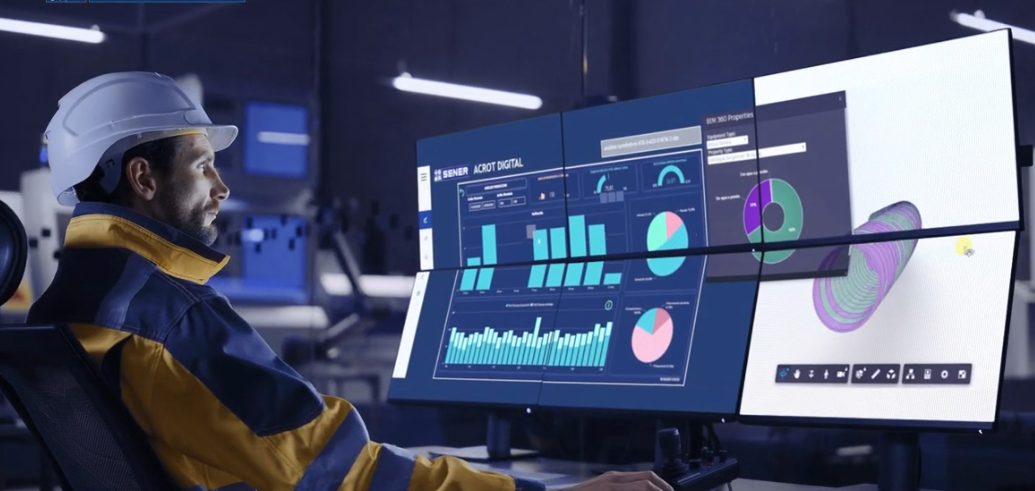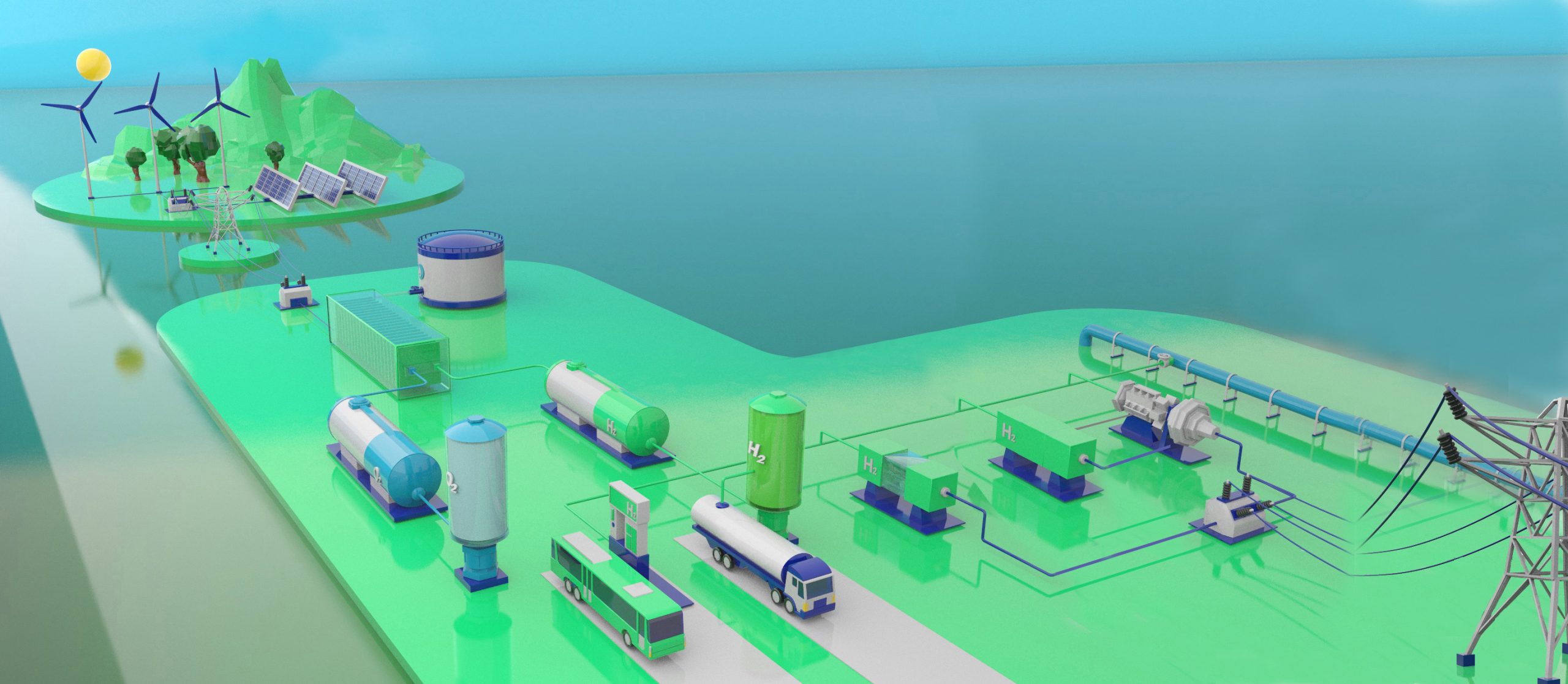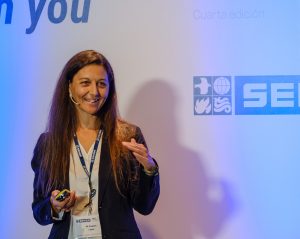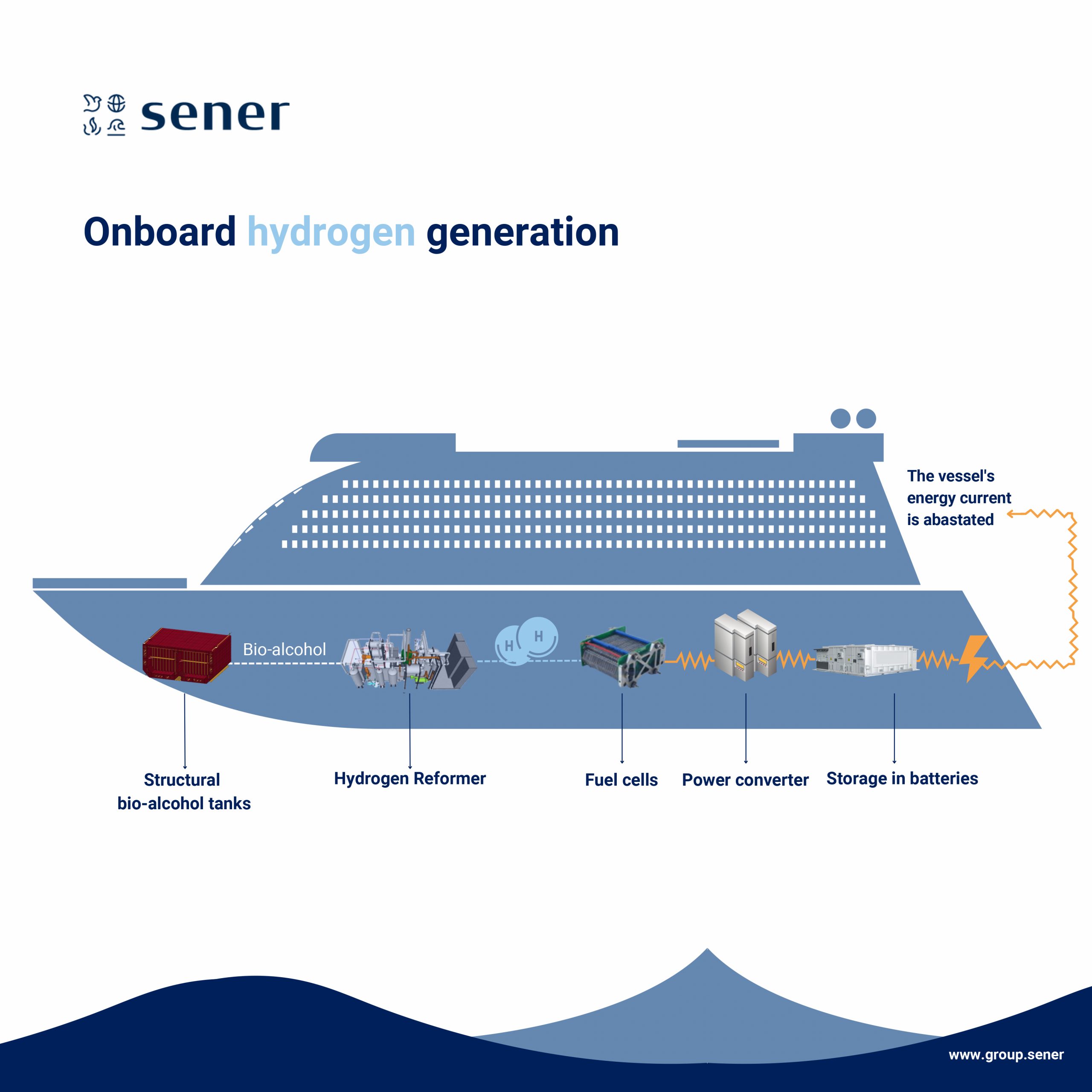
- Marine
Categories:
In a scenario shaped by complex regulatory environments, achieving efficiency on board is now a reality. Ports offer substantial potential to be a catalyst for the energy transition to zero carbon emissions in the marine sector, as they are a key point where national and international shipping come together.
At Sener Marine, we believe that fleet analysis consultancy services are a tool for achieving sustainable mobility. During the course of the studies, our customers have questions like: Which fuel is the most suitable for my fleet to reduce emissions? What change should I make on board to meet emission standards and minimize costs? What is the best alternative to optimize the vessel’s downtime?
Together with the shipping company Baleària, we studied the solutions that could be most suitable for these needs. For this purpose, we developed a feasibility study on a specific vessel in their fleet. The aim was to study the installation of our reformer technology, rather than the on-board auxiliary electric generator for self-consumption. During the study, weights, location on board, security, stability, consumption, access and costs were compared for a transformation on board if it were for an existing vessel, ensuring the lowest economic and labor impact.
Hydrogen generation using a multi-product reformer
Our alternative solution was based on hydrogen generation using a multi-product reformer, which could work with ethanol, methanol and ammonia. Bioalcohol leaves the structural tanks, passes through the reformer where hydrogen is produced, which will feed the fuel cells. The electrical direct current (DC current) generated in the fuel cell, pass through a power converter. The batteries store the alternating current (AC power), which supply to the vessel.
Thanks to the use of on-board hydrogen, which only emits water vapor and leaves no airborne waste, there is a possibility of achieving a future with zero emissions in shipping. This will enable shipping and ports to achieve the global energy transition to secure a strong and sustainable future.
María Ángeles López Castejón
Naval Architect and Oceanic Engineer from the UPM (Polytechnic University of Madrid) and certified professional Co-Active Coach. 25 years of experience as a Naval Architect in shipyards, technical offices and consultancies. She is currently a Project Manager specialized in Liquefied Natural Gas LNG, Biofuels and Hydrogen Installations, elaborating market studies, sustainability analysis, digitalization and energy efficiency of the fleet. She has participated in more than 50marine projects for shipowners around the world, of all types of cruise ships, ferries, bunkering vessels, asphalters, icebreakers, tankers, chemical tankers, tugboats, etc.

 About us
About us